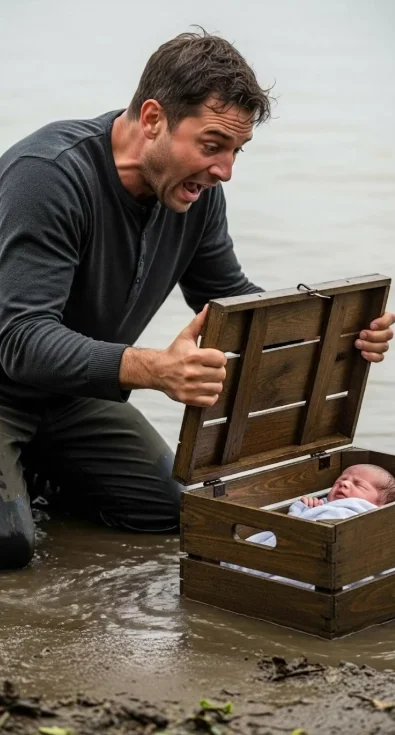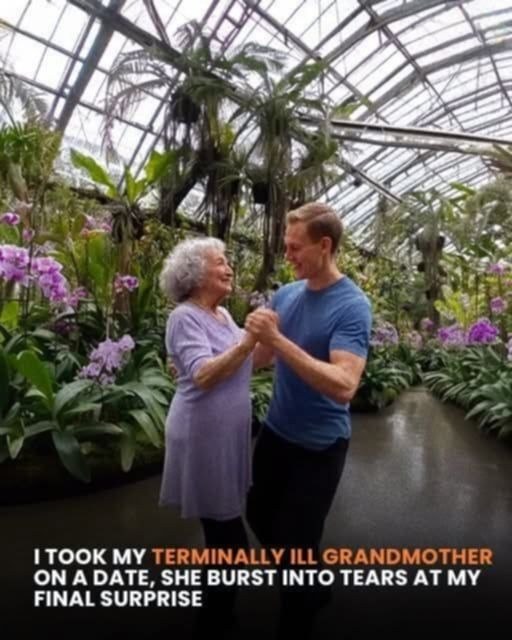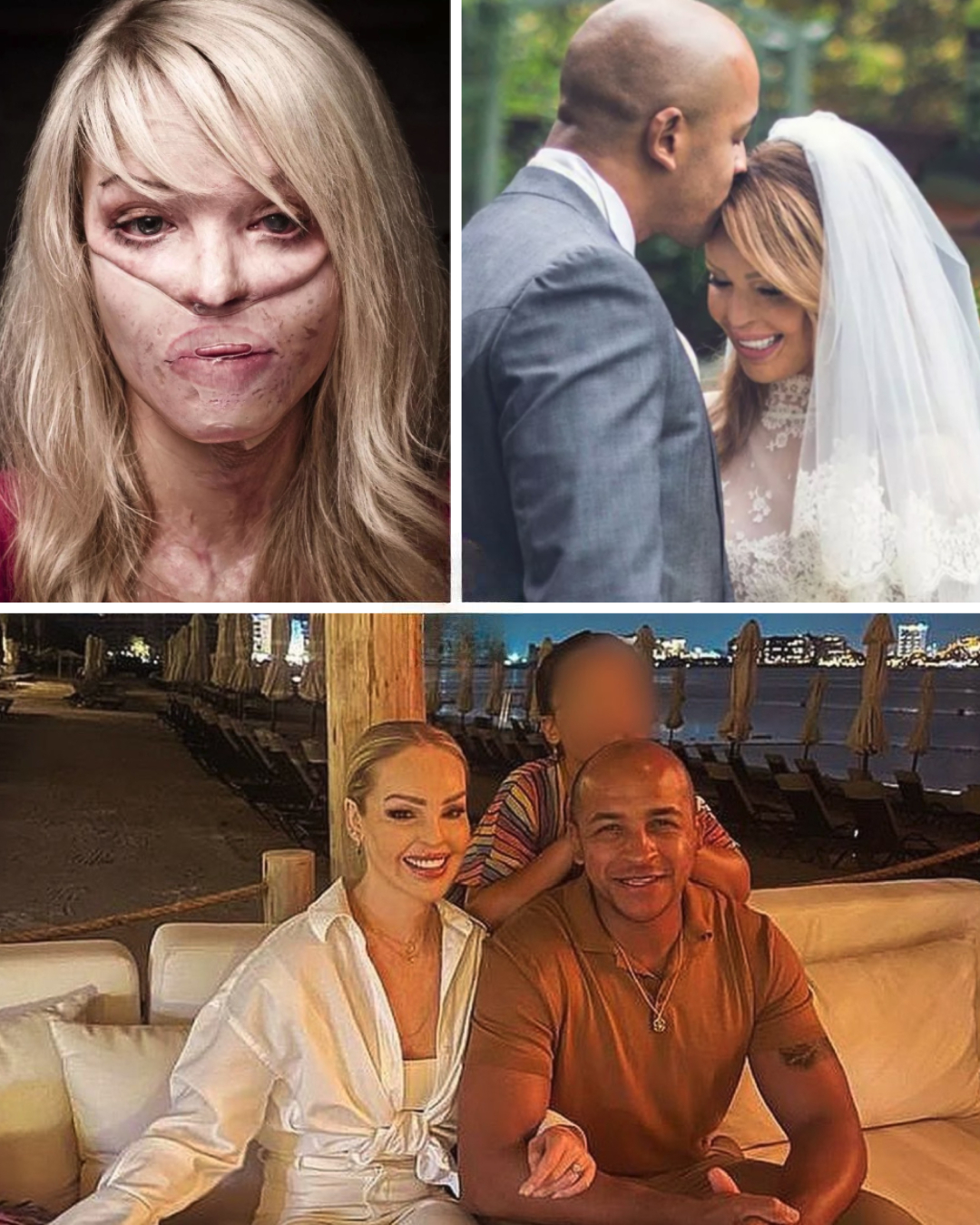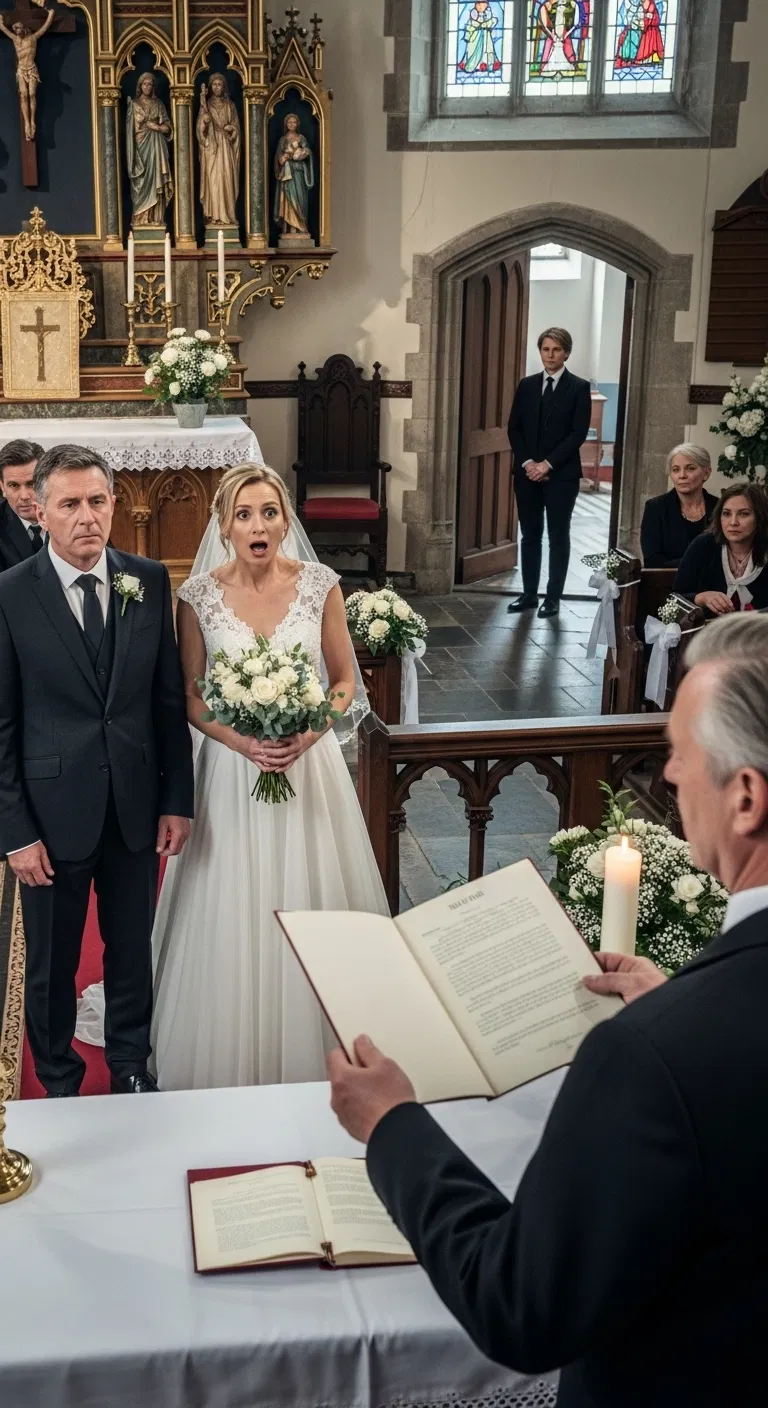I was thirty-four when I lost my wife, Tessa, and our little boy. I worked nights at a frozen‑foods warehouse — cold dock, forklifts backing up, a bitter wind cutting through. Around 3 a.m. I heard sirens. I didn’t know they were coming to me until my supervisor, Daryl, burst in, phone in hand, face tight with news. They said the fire started in the kitchen — faulty wiring, maybe. They said it moved fast. To this day, in my dreams, I still hear those wailing sirens.
The house was gone. I stood outside, in steel-toed boots and the company jacket with “Harlon” stitched on it, wondering how a name could possibly stop a life from collapsing. They let me through the yellow tape and put me in a police car. The words they spoke next felt unreal.
At the memorial, I couldn’t say anything. My suit felt suffocating, my jaw locked. That’s when Pastor Pierce approached me. Big man, gentle eyes. He shook my hand and said, “Don’t turn to the right or to the left.” I nearly scoffed — I didn’t want riddles. I wanted my family back. But he stayed. He didn’t step away when I snapped at him. He just repeated, “Keep walking, Harlon. Don’t turn.”
A week later, I began attending his Tuesday night support group. I never spoke. Didn’t pray. I just sat in the back, drank burnt coffee, stared at the carpet. Pierce never pushed or prodded — he nodded when I showed up, patted my shoulder when I left. I kept going for him, and for Maren — Tessa’s younger sister. She showed up every week, leaving food on my porch, checking in just enough so I didn’t feel totally alone.
Nights were the worst. The fridge hummed, baseboard heat clicked, and the silence stretched. I kept only two things by the door: Tessa’s old recipe box and our son’s little blue toy truck. Everything else was expendable.
Pierce started small — breathing exercises, journaling. “Small wins beat big speeches,” he’d say. I held onto that. Daryl didn’t fire me — even though I missed a week after the fire — and I showed up again, night after night, even when grief felt like a punch in the ribs.
One Sunday in March I finally walked into the church. I counted how many times Pierce said “hope” — seven times before he quoted Deuteronomy. After service he caught me and said again, “Keep walking, Harlon.” He patted me. He walked away.
On my usual back road — the one under the bridge, where the creek trickles — that’s where I saw it. Hazard lights up ahead. A beat-up sedan parked crooked. A man in a gray hoodie carried a wooden crate. He walked right to the guardrail and tossed it over, then drove off.
Instinct snapped me into action. I slammed the brakes, leapt out, rushed down the embankment. The crate floated just beyond the reeds. I dragged it ashore, fingers bleeding over splinters, ripped the lid off — and in the dim light, there was a newborn, pale, silent, breathing on borrowed air.
I called 911, voice shaking, telling them what I found and where. They patched me to Blair, a child welfare investigator, who told me to head to Urgent Peds and follow her. I drove, clutching the baby to my chest, every bump making me flinch.
At the hospital, the nurses took him from me gently, wrapped him. A nurse said he was stable — no obvious injuries — and likely less than a day old. My lungs sighed relief.
Blair later told me they’d register him as a “John Doe” until they could find out who he was. When I asked what to call him, Luke came to mind. Lost and found. It just felt right.
They let me take him home that night under emergency placement. I had no diapers, no formula, no plan — just him, breathing across my chest. As he cried in the car headlights, I whispered, “We’re not going back there.”
Maren joined me, holding him close. Pastor Pierce handed me a blanket and said, “You’re not alone in this.” But inside, I felt everything fracturing again and gathering at the same time.
A detective, Doyle, interviewed me. He asked about the crate, the hair clip on his umbilical cord — tiny evidence. He mentioned a name: Zayn Kinder, a guy with no license, back‐rent owed, shady deals. He also mentioned the name Eldridge, same as Tessa’s maiden name, and a woman named Raina Eldridge had died in labor — complications alone in her apartment.
My world snapped. Luke might not just be a found baby. He might be family. I was terrified — but I couldn’t walk away.
When Tessa’s family came, Celeste and Gordon Eldridge, I offered them entry, said I would never lie to Luke about where he came from. They cried and held him. We signed papers. We formed a kind of bond in that small room.
Then came the threats: anonymous demand letters, extortion. A meeting in a warehouse. Zayn showed up, arrogance, claims, threats. But with cameras, police backup, he fell — arrested.
In the courtroom I sat with Luke in my lap. Judge asked why I wanted to adopt. “Because I already am,” I said. The judge granted it. Tears, smiles, grief intertwined.
Back home that night, Luke sleeping, Maren by my side, I looked up at the stars, thought of that crate in the river, that fragile breath. I thought of Tessa and our boy — not with the sharp ache, but a soft gratitude.
I walk forward now, neither right nor left. Straight through.




